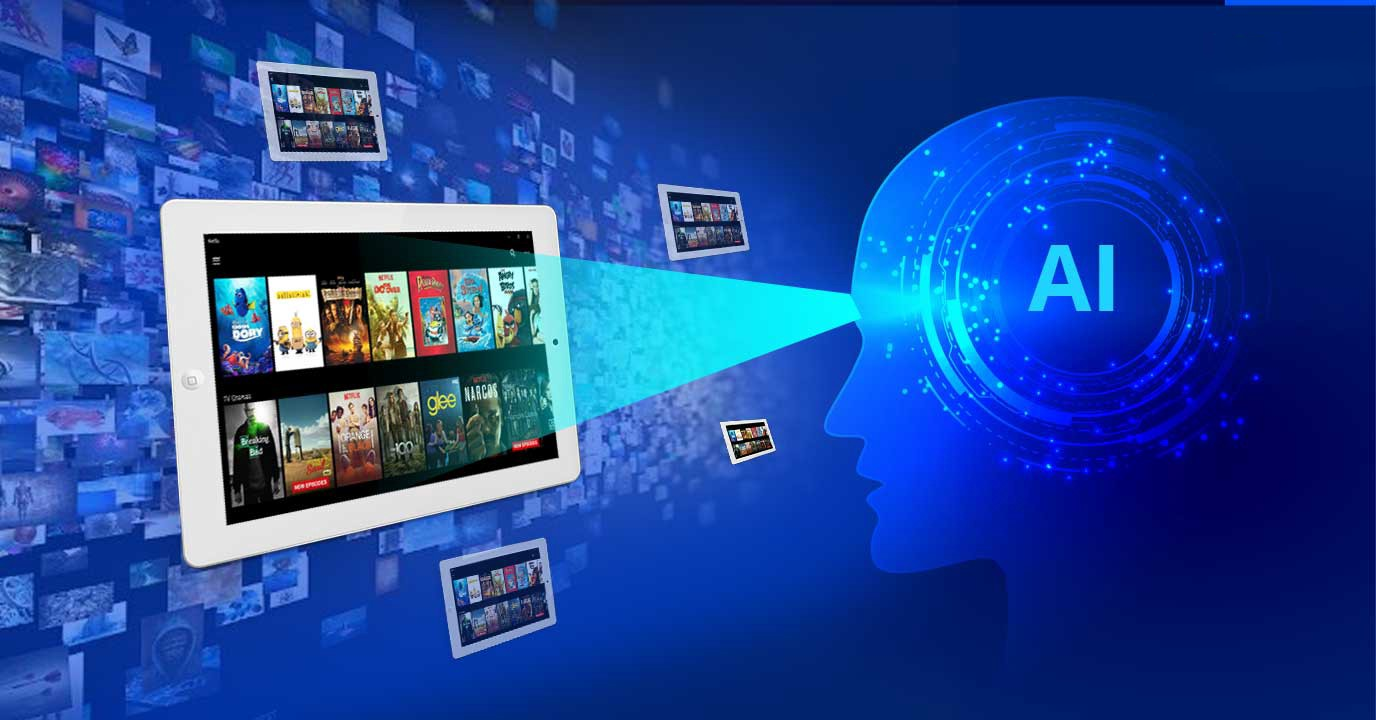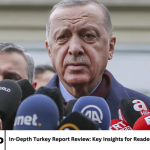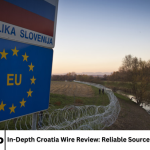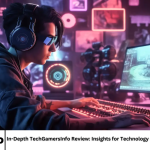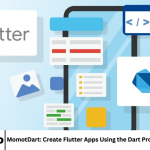Introduction
Artificial intelligence has become the invisible engine driving modern entertainment — from streaming recommendations to film production and virtual performances. What once relied solely on human creativity is now powered by data-driven storytelling and predictive algorithms shaping what the world watches.
At the same time, the global entertainment industry is navigating political scrutiny, celebrity activism, and cultural influence, turning AI into both a creative ally and a controversial player in shaping public consciousness.
AI and the Evolution of Storytelling
The film and music industries are using AI to craft stories that resonate with audiences on a deeply emotional level. Algorithms analyze viewer data to identify plot trends, emotional cues, and performance metrics, helping studios design content that feels both authentic and commercially successful.
Streaming giants like Netflix and Spotify are investing in AI-driven personalization, making entertainment an interactive experience tailored to each viewer’s emotional and cultural profile.
Global Cultural Power and Media Politics
Entertainment has long been a vehicle for soft power — and now, AI is amplifying that influence. Nations such as South Korea and the United States are leveraging media exports powered by AI analytics to expand their cultural reach.
This fusion of technology and global storytelling has created new political tensions, with debates over censorship, algorithmic bias, and the monopolization of digital culture dominating international discourse.
Celebrities and the Rise of Digital Activism
Celebrities have redefined the intersection between entertainment and activism through AI-enhanced social media platforms. Influencers like Taylor Swift, Leonardo DiCaprio, and BTS use algorithmic analytics to mobilize fans for social causes and political engagement.
These digital movements have proven powerful, transforming fandom into a force for global advocacy — from climate justice to voting rights — where algorithms amplify celebrity voices into global change.
AI-Generated Art and the Future of Creativity
AI-generated music, films, and visual art are challenging traditional definitions of creativity. Artists are now collaborating with machines to compose soundtracks, design costumes, and even write dialogue.
While some fear the loss of human originality, others see AI as a new muse — an extension of human imagination capable of turning inspiration into boundless digital expression.
Censorship, Propaganda, and Algorithmic Control
With AI shaping what people see and hear, concerns about media manipulation have grown. Political entities increasingly use AI to influence public opinion through targeted ads, synthetic media, and emotionally engineered content.
This digital propaganda blurs the line between entertainment and influence, forcing global leaders and tech companies to confront the moral boundaries of storytelling in the AI era.
The Future of Global Media Ethics
International organizations and industry watchdogs are calling for new ethical frameworks governing AI in entertainment. These guidelines focus on transparency, creative ownership, and cultural diversity — ensuring that machine-driven media reflects humanity’s complexity, not just its consumption patterns.
The entertainment industry now faces a defining choice: whether to use AI as a tool for empowerment or a weapon of manipulation in shaping the world’s shared digital narrative.
FAQs
How is AI changing the entertainment industry?
AI helps create, personalize, and distribute entertainment by analyzing audience preferences and automating creative production.
What are AI-generated movies and music?
These are works partially or fully created by algorithms that analyze existing media to generate new stories, songs, or visuals.
Why are celebrities involved in digital activism?
Celebrities use AI-enhanced platforms to amplify causes, mobilize fans, and raise awareness for global social and political issues.
How does AI influence global media politics?
AI shapes cultural power dynamics by controlling content visibility, influencing global narratives, and affecting political sentiment.
What ethical concerns surround AI in media?
Concerns include censorship, algorithmic bias, data privacy, and the potential replacement of human creativity.
Conclusion
The convergence of AI, entertainment, and politics is rewriting the rules of influence. What audiences consume is no longer a product of pure artistry — it is a data-driven reflection of human desire, curated by algorithms and magnified by celebrity culture.
As the world enters this digital renaissance, the responsibility lies in preserving authenticity and diversity, ensuring that AI becomes a force for creative truth rather than cultural manipulation.

